Aggression
Recent articles
Remembering GABA pioneer Edward Kravitz
The biochemist, who died last month at age 92, was part of the first neurobiology department in the world and showed that gamma-aminobutyric acid is inhibitory.
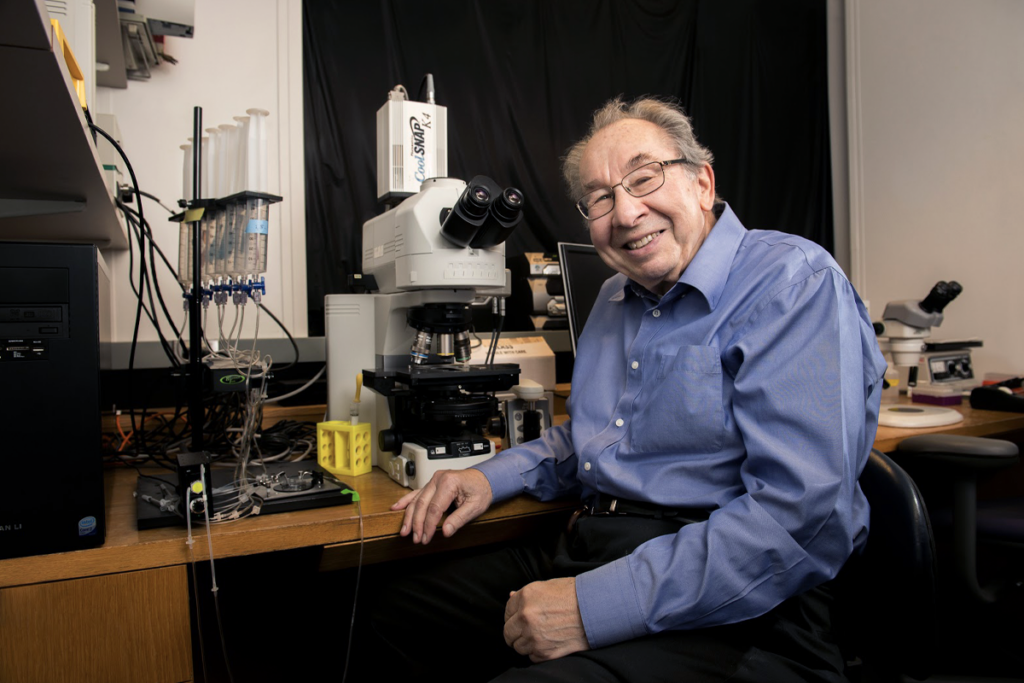
Remembering GABA pioneer Edward Kravitz
The biochemist, who died last month at age 92, was part of the first neurobiology department in the world and showed that gamma-aminobutyric acid is inhibitory.
Ann Kennedy explains the theoretical neuroscience of survival behaviors
The Scripps neuroscientist calls for a broader theoretical neuroscience approach in her area of research, which focuses on how the subcortex bridges life and cognition.
Ann Kennedy explains the theoretical neuroscience of survival behaviors
The Scripps neuroscientist calls for a broader theoretical neuroscience approach in her area of research, which focuses on how the subcortex bridges life and cognition.
Robots marry natural neuroscience, experimental control to probe animal interactions
Faux fish and birds are helping researchers decipher some of the rules that govern schooling and squawking, among other social behaviors.
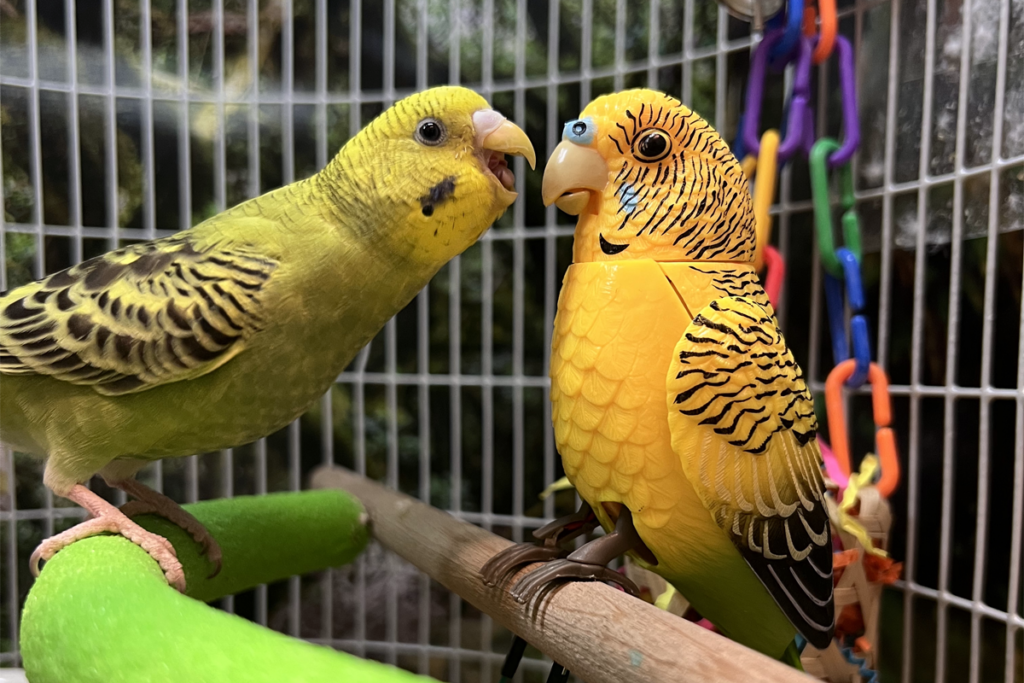
Robots marry natural neuroscience, experimental control to probe animal interactions
Faux fish and birds are helping researchers decipher some of the rules that govern schooling and squawking, among other social behaviors.
Vasopressin boosts sociability in solitary monkeys
Inhaling the hormone did not increase aggression in unsociable rhesus macaques and appears to help the animals remember faces and reciprocate friendly behaviors.
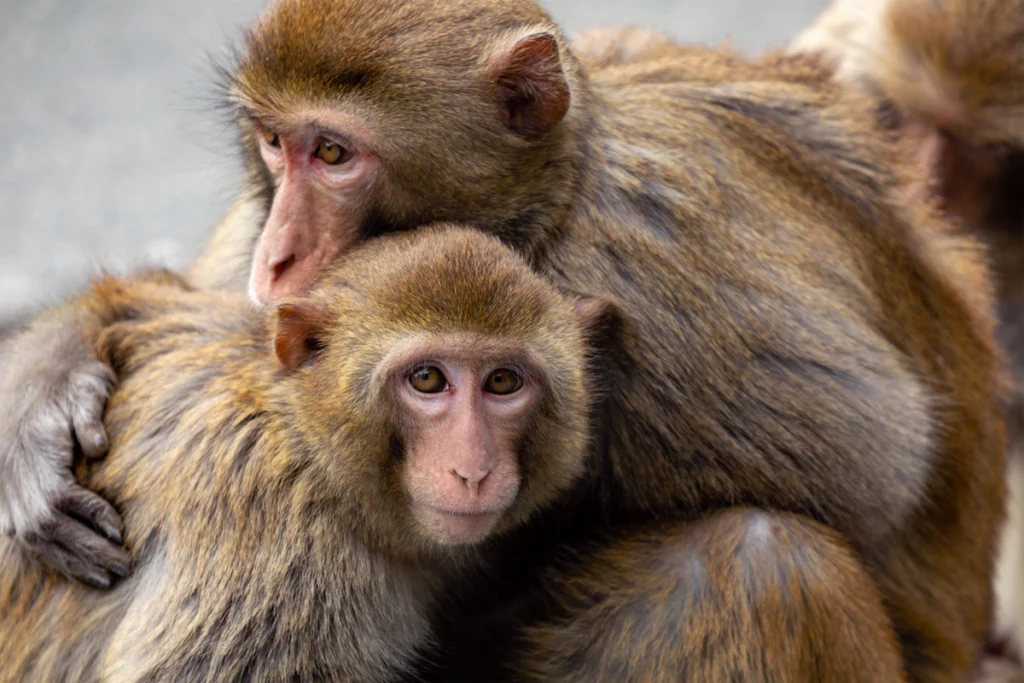
Vasopressin boosts sociability in solitary monkeys
Inhaling the hormone did not increase aggression in unsociable rhesus macaques and appears to help the animals remember faces and reciprocate friendly behaviors.
Synaptic changes shape winning mice into bullies
When a mouse repeatedly defeats its opponents, brain circuits that underlie aggressive behaviors develop more stable connections, helping to ensure continual triumph, a new study shows.
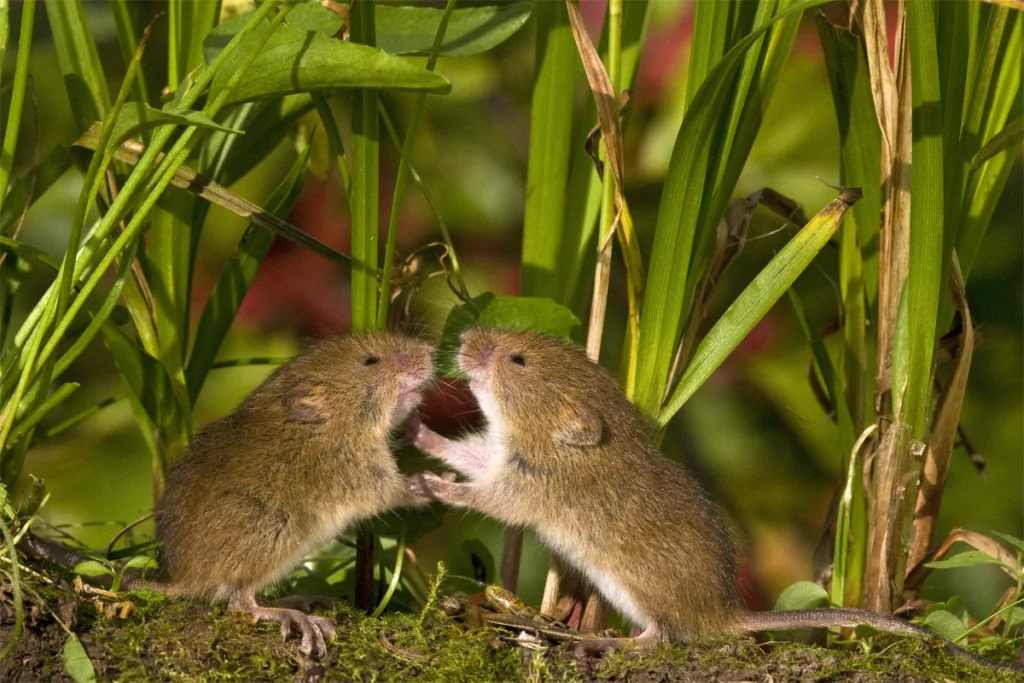
Synaptic changes shape winning mice into bullies
When a mouse repeatedly defeats its opponents, brain circuits that underlie aggressive behaviors develop more stable connections, helping to ensure continual triumph, a new study shows.
Pinning down ‘profound autism’ for reliable research: Q&A with Matthew Siegel
A clear and actionable definition for the term could enhance research and improve care, Matthew Siegel says.

Pinning down ‘profound autism’ for reliable research: Q&A with Matthew Siegel
A clear and actionable definition for the term could enhance research and improve care, Matthew Siegel says.
Crowdsourcing to curb aggression in autism: Q&A with Matthew Goodwin
To accelerate the development of real-time behavioral prediction technology, a research team is sharing data and seeking new collaborators.

Crowdsourcing to curb aggression in autism: Q&A with Matthew Goodwin
To accelerate the development of real-time behavioral prediction technology, a research team is sharing data and seeking new collaborators.
Emotion dysregulation in autism with Carla Mazefsky
The director of the University of Pittsburgh’s Autism Center of Excellence talks about her new work investigating suicidality in autistic adults.

Emotion dysregulation in autism with Carla Mazefsky
The director of the University of Pittsburgh’s Autism Center of Excellence talks about her new work investigating suicidality in autistic adults.
Autism research at the crossroads
The power struggle between researchers, autistic self-advocates and parents is threatening progress across the field.
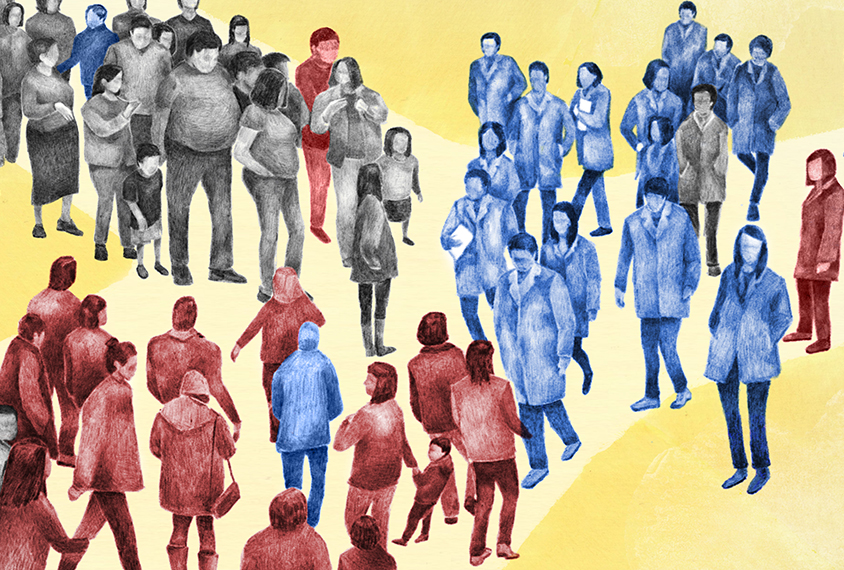
Autism research at the crossroads
The power struggle between researchers, autistic self-advocates and parents is threatening progress across the field.
Applied behavior analysis and autism: Flawed application of a proven science
The field of ABA needs more compassion and individualization.

Applied behavior analysis and autism: Flawed application of a proven science
The field of ABA needs more compassion and individualization.
Explore more from The Transmitter
Neuroscience has a species problem
If our field is serious about building general principles of brain function, cross-species dialogue must become a core organizing principle rather than an afterthought.

Neuroscience has a species problem
If our field is serious about building general principles of brain function, cross-species dialogue must become a core organizing principle rather than an afterthought.
This paper changed my life: Ishmail Abdus-Saboor on balancing the study of pain and pleasure
A 2013 Nature paper from David Anderson’s lab revealed a group of sensory neurons involved in pleasurable touch and led Abdus-Saboor down a new research path.

This paper changed my life: Ishmail Abdus-Saboor on balancing the study of pain and pleasure
A 2013 Nature paper from David Anderson’s lab revealed a group of sensory neurons involved in pleasurable touch and led Abdus-Saboor down a new research path.
Sex bias in autism drops as age at diagnosis rises
The disparity begins to level out after age 10, raising questions about why so many autistic girls go undiagnosed earlier in childhood.

Sex bias in autism drops as age at diagnosis rises
The disparity begins to level out after age 10, raising questions about why so many autistic girls go undiagnosed earlier in childhood.